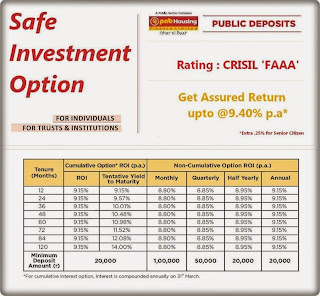State-owned companies like IRFC, Hudco and NHAI to offer tax-free bonds of Rs 18,000 crore
State-owned companies like IRFC, Hudco and NHAI to offer tax-free bonds of Rs 18,000 crore Yield-hungry investors will have reason to celebrate even after Diwali. Three state-owned companies will offer tax-free bonds of as much as Rs 18,000 crore collectively in the next two to four weeks, giving crestfallen retail investors an opportunity to earn attractive returns over a long period. Indian Railways Finance Corporation (IRFC), Housing & Urban Development Corporation (Hudco) and National Highways Authority of India (NHAI) will sell tax-free bonds that are at least five times larger than recent issuances, three market sources told ET. Individuals who could not subscribe to such bonds offered by NTPC, Power Finance Corporation (PFC) and Rural Electrification Corporation (REC) in the past two months are now expected to rush for the fresh series. NTPC, PFC and REC sold bonds worth Rs 700 crore each, which were oversubscribed multiple times. IRFC will sell tax-free bonds worth Rs 4,53...



